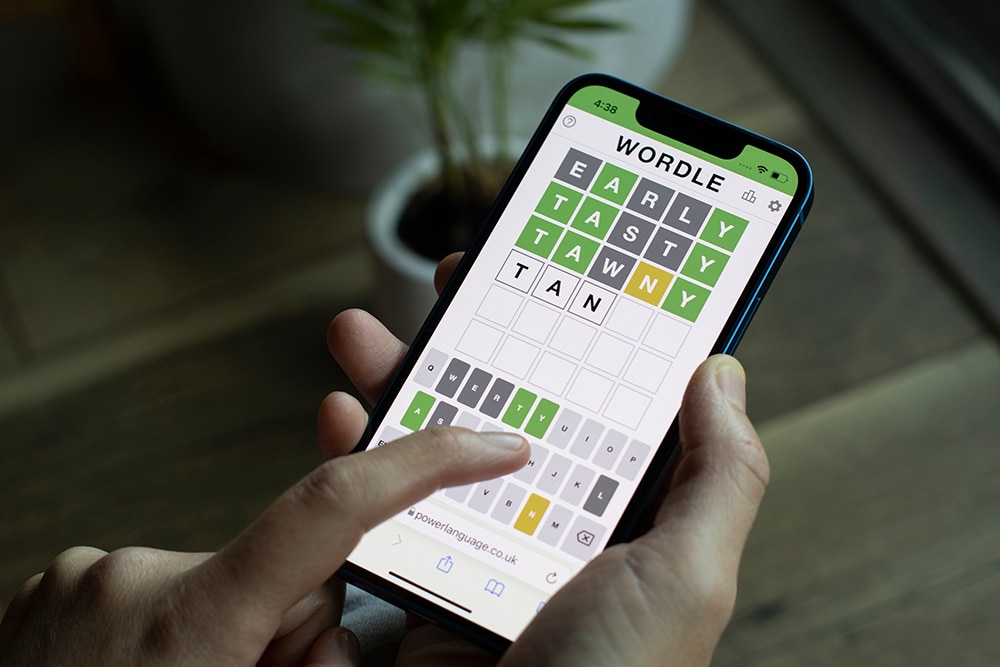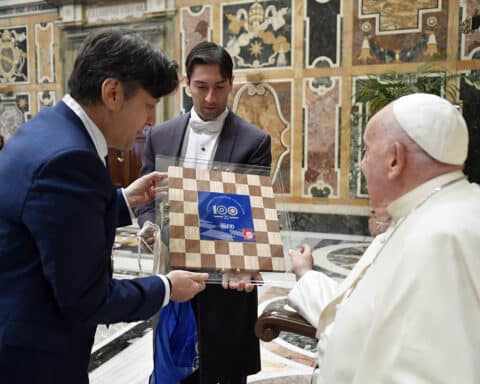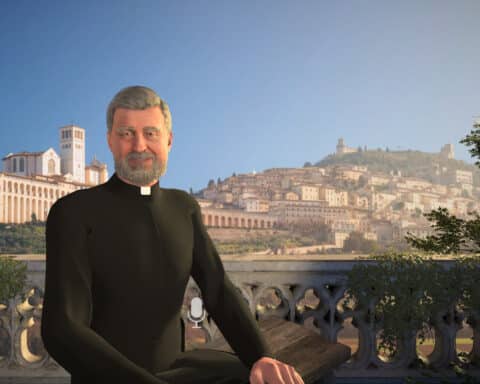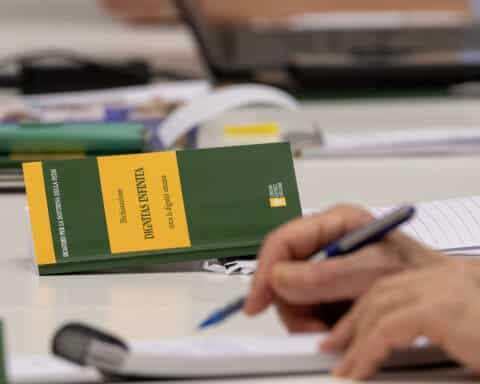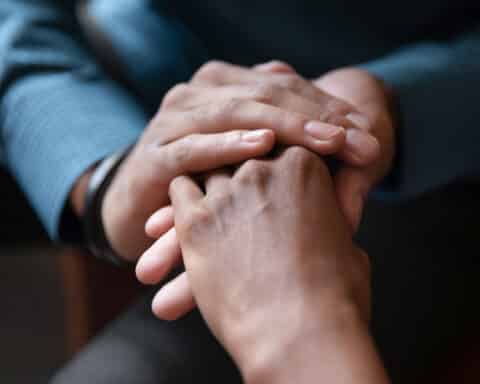
I’m guilty. Each evening, after the kids are in bed, I’ve been getting out my pen and piece of scrap construction paper and indulging in a few minutes of puzzle play. If you’ve missed the current Wordle craze, it’s a web-based game that was invented by programmer Josh Wardle to entertain his family and friends during pandemic times. Once a day, and only once a day, you can navigate to the webpage and have six chances to guess a five-letter word. In a style greatly reminiscent of the 1970s’ Mastermind code game, letter choices are either affirmed as being in the right place, the wrong place, or not in the final word altogether.
Because Wardle built Wordle for his family, it has no advertising or notifications. It’s a grid where you enter letters. End of story. Because it is designed to play once a day — for approximately three minutes a day, according to Wardle, though some of us may beg to differ — the game is not a time suck. And results, as I mentioned, are extremely shareable over social media and text messaging.
So why do I bring up the viral craze of the moment? Because it has reminded me of something we were already at risk of having forgotten before the pandemic, and something that “social distancing” hasn’t helped with: our common denominator as human beings. This is especially true on social media, and especially amid the continuous high-level stress of the past two years. In these times of great disagreement over policy, pandemic response, fundamental beliefs and morals, and many, many other things, it has become a default response to vilify one another and to split into tribes, and then tribes of tribes, with the other — any “other” — becoming the enemy. Catholics are seeing this in a particularly disturbing way, as fracture after fracture seems to divide us further and further, often in a public way. Why search for the humanity behind the screen when you can simply go on the attack?
Wordle, in its silly, simple way, is a reminder that there’s a human face behind the handle. If you’ve tried (and possibly failed) to guess the word “PROXY,” a tiny bond is formed with others who have spent a few minutes sharing a similar experience. If you guess the word “SHIRE,” then hop on Twitter to see how many other people are talking about Tolkien (quite a few), a kinship, however minor, is born. We become people who can manage to take a few minutes away from our hot takes and self-absorption to stretch our brains in word play and share how we did with our communities. Thus, we share a little of our common humanity.
As Catholics, we know that each of us is made in the image and likeness of God. Each of us has an inherent dignity. But as Americans in 2022, we know that we frequently fail to treat others, especially those we don’t know, with the respect that this dignity deserves. Wordle obviously is not the answer to these problems. But it’s a little reminder that in moments where we can come together and find a common bond, we should. Because it helps us remember that we are individuals who are not defined by our differences. We also like to relax and play a game.
Gretchen R. Crowe is editorial director for periodicals at OSV. Follow her on Twitter @GretchenOSV.

